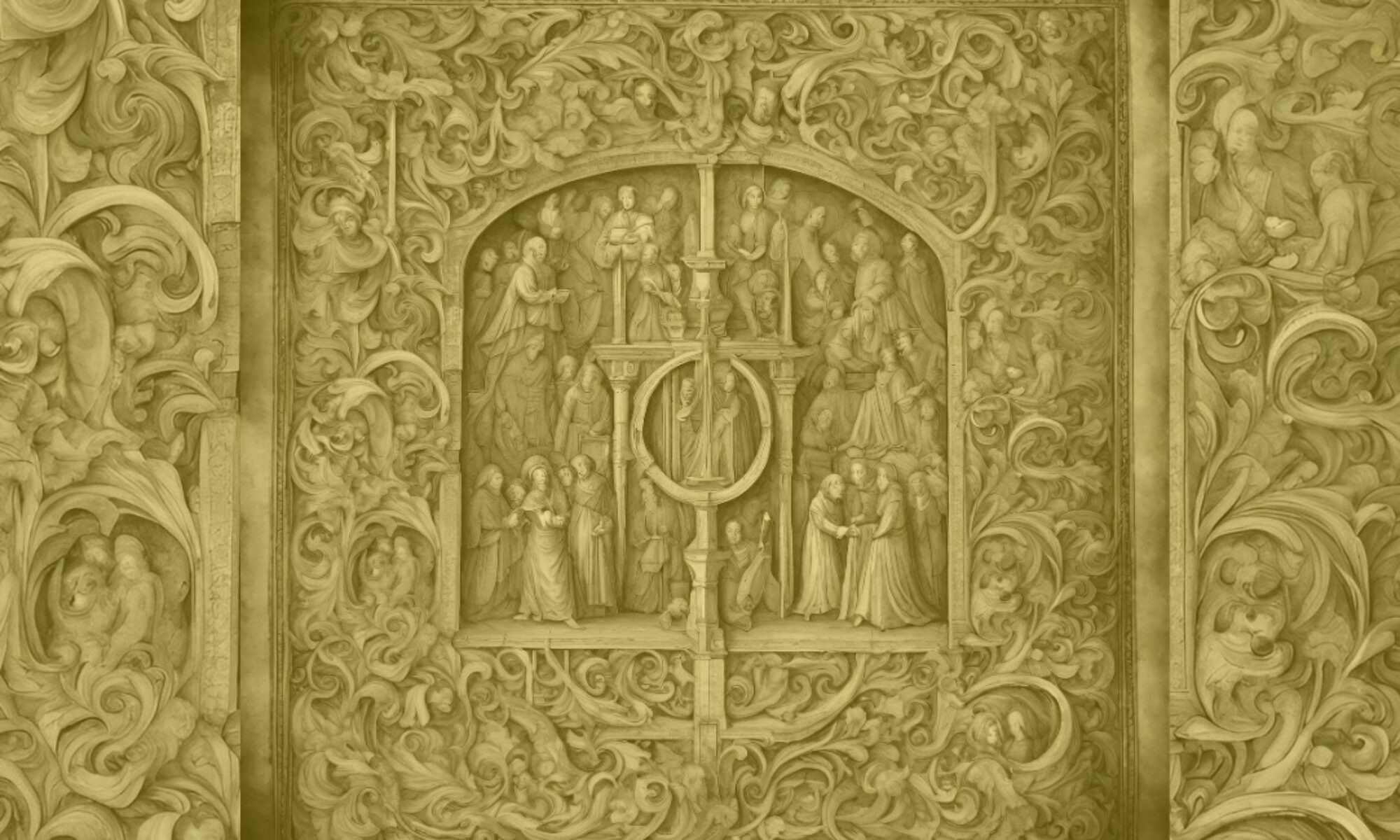A special panel featuring two mythologist-filmmakers
Joining us at this year’s Mythologium are two documentary filmmakers who are also mythologists: Heather Taylor and Odette Springer. Heather is the writer, director, and producer of the award-winning documentary, Breaking Through the Clouds: The First Women’s National Air Derby. Odette wrote, directed, and produced the critically acclaimed film about the B-movie industry, Some Nudity Required.
The Mythologium is delighted to host an interview and conversation with these visionary members of our community. We will hear about their creative process, their mythological perspectives on film, and their experiences as women in the film industry. We’ll make sure to leave time for audience discussion, so join us and bring your questions.
Breaking Through the Clouds: The First Women’s National Air Derby
Breaking Through the Clouds is the inspiring true story of twenty female pilots — including Amelia Earhart — who defied convention by racing across America in propellor airplanes for nine grueling days in the summer of 1929. With little navigational aide and plenty of public scrutiny, these aviators succeeded as pilots in an era when women rarely drove cars. Facing cultural stereotypes, mechanical failures, threats of sabotage, navigational challenges, and endless chicken dinners, the women persevered. Whether fighting a fire in the cockpit, landing in a pasture full of cows, or facing criticism and demands for the derby to stop after the death of a colleague, the women captured the world’s attention as they rallied to prove this was more than just a race. Despite several heartbreaks and setbacks, there were many moments of joy, laughter, and pure wonder. Wearing breeches and goggles during the day and ballgowns in the evening, the women shared a genuine camaraderie while making a statement in a new era with new technology and new dreams. They became ambassadors of flight in the golden age of aviation, proving women could be independent, competitive, self-sufficient, intelligent, competent, graceful, and above all, really good pilots.
About Heather

Heather Taylor is the producer, director, writer, and researcher of the award-winning documentary Breaking Through the Clouds: The First Women’s National Air Derby. Currently airing on PBS stations across the country, Breaking Through the Clouds has received top honors from more than a dozen film festivals as well as a prestigious award from the National Aviation Hall of Fame, presented by Harrison Ford, Eugene Cernan, and six additional aviation legends of today.
Heather formed her production company Archetypal Images, LLC to capture and harness the light that comes alive in people’s eyes when they find inspiration and purpose in life. Before starting her own company, Heather worked at Discovery Communications. Heather has a Masters Degree in Producing Film and Video and is currently in her second year of the Mythology Program at Pacifica Graduate Institute. Heather’s attraction to myth is especially strong regarding finding one’s voice and stepping into stories that promote healing while helping a person find their own genius. Learn more at http://breakingthroughtheclouds.com.
Some Nudity Required
- Synopsis
- Short trailer
- LA Times review: Insightful ‘Nudity’ Peeks at World of B-Movies
- LA Times review: ‘Some Nudity’ Provided a Catharsis
- Entertainment Weekly review: “Some Nudity Required” is required viewing
About Odette

Odette Springer, Ph.D is a writer, independent film producer and classically trained musician. She has been a singer/songwriter and composer for over 25 films for such companies as HBO, Showtime, Paramount Studios and the Disney Channel, as well as numerous international television networks. Her first feature documentary about Hollywood’s B-Movie industry premiered at the Sundance Film Festival and was nominated for the Grand Jury Prize. She shot 48 hours of footage and obtained the rights to use clips from over 30 erotic/slasher/action adventure feature films. Her film eventually evolved into 90 hours of footage that became a harrowing personal journey and resulted in the critically acclaimed Some Nudity Required, which immediately secured worldwide distribution.
Currently, Odette teaches writing as part of the Joseph Campbell Writers Room at Studio School in Los Angeles. In addition to publishing her poetry, she has published academic essays in several anthologies and lectures on trauma and the creative process. Her most recent article, “Renaissance,” can be found on the Joseph Campbell foundation website. She holds a B.A. in Piano from Manhattan School of Music and a Ph.D. in Mythological Studies with an emphasis in Depth Psychology from Pacifica Graduate Institute. Her dissertation focuses on trauma and the creative process and is entitled Changing Woman: Calling The Feminine Home. She is fluent in French, Spanish, and Dutch, has traveled extensively around the world, and has a quirky sense of humor.











